Expanding Access to Care in Brazil
The interview below was conducted in the summer of 2025 with Veronica (Vero) Gloria, RMHC Global Associate Director, Field Operations for Latin America and the Caribbean. Working closely with RMHC Chapters across the region, Vero is helping lead the strategic growth ambition of RMHC, to double the number of families served globally by 2030.
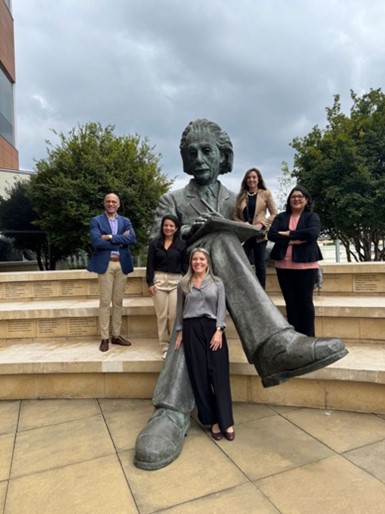
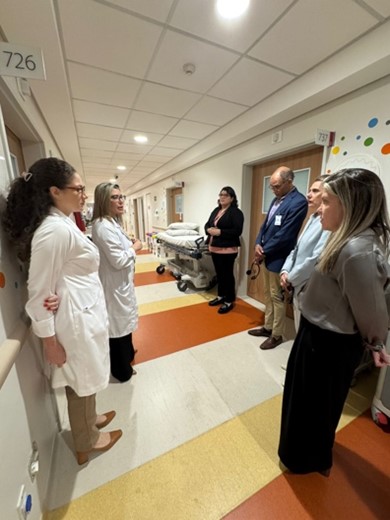
You recently had an opportunity to visit several hospitals in Brazil that are treating high numbers of children with complex medical needs. What can you share about the trip?
Earlier this year, our team had the profound privilege of witnessing what transformative healthcare looks like in Brazil. Across the country, pediatric oncologists and their specialized teams are walking hand-in-hand with families facing childhood cancer. They are not only offering medical expertise, but also presence, partnership, and deep humanity. This is family-centered care at its most powerful: where the clinical meets the compassionate, and no child is seen as too poor or too far to care for. These institutions are showing the world what it means to accompany patients not just for a day or a diagnosis, but through the long and often difficult journey of care.
What does the demand look like in Brazil for pediatric specialty care and RMHC services?
For many families, particularly those living in more rural parts of the country, there is a profound shortage of hospitals nearby that have the capability to treat complex pediatric medical conditions. In the Brazilian state of Goiás, 50% of families who have a child with pediatric cancer travel over 200 kilometers for care, and one-third travel over 450 kilometers for care. Because of such challenges of accessing treatment, families often receive treatment for their child too late or are forced to delay or abandon treatment altogether. Fortunately, a new, state of the art hospital that opened recently in the region is expected to significantly improve oncology treatment for children and adolescents in Goiás and neighboring regions, reducing travel distances and costs, and enhancing care quality for those in remote areas.
What else can you share about this new hospital and plans to support RMHC families receiving treatment at this new hospital?
We are incredibly excited to partner with CORA Pediatric Oncology Hospital , which will have 148 inpatient beds, including 48 beds dedicated to pediatric oncology and other complex care services for children — both outpatient and inpatient care. The hospital is in the central part of the country, in one of the fastest growing areas of the state, so there is significant demand and opportunity to advance the development and provision of RMHC services. Prior to opening, pediatric cancer patients from the region would have needed to travel to a different state to receive care.
The facility is state-of-the art and publicly available to all patients and families. Both the deputy health minister and the hospital’s leadership are deeply knowledgeable and strong advocates for RMHC and family centered care. Their physicians truly consider the families’ needs, including the patient and family as partners in the care process. The local RMHC Chapter, Instituto Ronald McDonald in Brazil, is planning to open a new 22-room House adjacent to the hospital, as well as a connected Family Room for day use. These new RMHC programs will have everything families need to feel safe and comfortable during their child’s treatment — they will even have an outdoor amphitheater and gymnasium where patients and their siblings can play and be active.
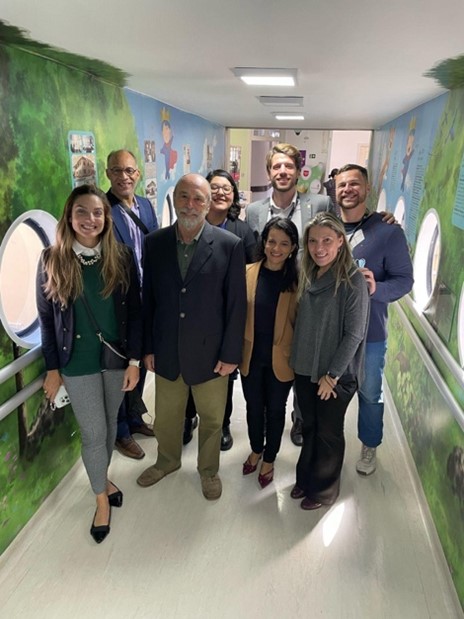
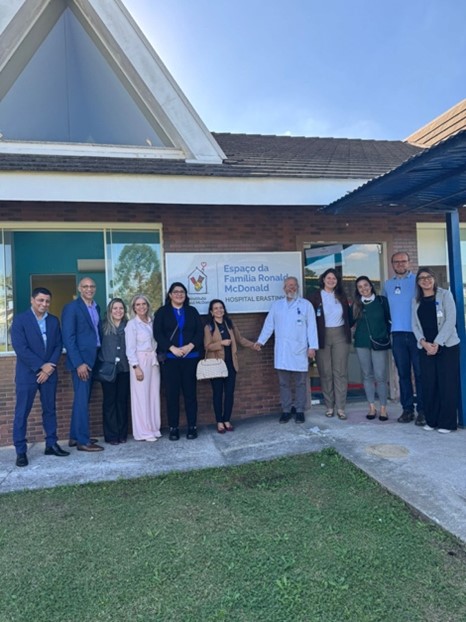
How do these new House and Family Room programs in Brazil fit into the ambition to double the number of RMHC families served globally by 2030?
For the past couple of years, we’ve partnered with a research agency to help us assess the global demand for the services RMHC provides. Based on this assessment, we know that demand for Ronald McDonald House and Family Room programs is increasing. By 2034, we believe approximately 2 million families will need support from one of these core RMHC programs. Much of this increasing demand is concentrated at pediatric “magnet” hospitals, like the new CORA hospital in Goiás, where a lot of specialty healthcare is becoming concentrated.
Today, RMHC operates programs that partner with around two-thirds of these global magnet hospitals. Of the remaining magnet hospitals we aren’t currently partnering with, we’re prioritizing those that are situated in countries where RMHC already has a presence, along with relationships with the local healthcare sector. These countries include Mexico, Brazil, Germany, Italy, Egypt, South Africa, India, South Korea, as well as the Hartford, Connecticut area in the U.S.
What is needed to support this expansion?
We have wonderful partners — globally and across Latin America — who are excited to work with us on our expansion plan. Local RMHC Chapter teams who have done an outstanding job building strategic alliances with hospitals and community partners, in addition to their role supporting families of children with serious medical conditions. The most critical opportunity we have right now is for seed funding to help kickstart this growth plan. Beyond the generous support we receive from local donors and partners, we invite anyone with an interest in making deep and lasting impact for families to connect with us to learn more about our ambitious vision.
Not just in Latin America, but in so many parts of the world, families depend on RMHC to help them access world-class care for their children. Now is the time for bold action and transformational change to help us fulfill our mission to provide essential services that remove barriers, strengthen families, and promote healing when children need healthcare.
More from RMHC, our families and supporters






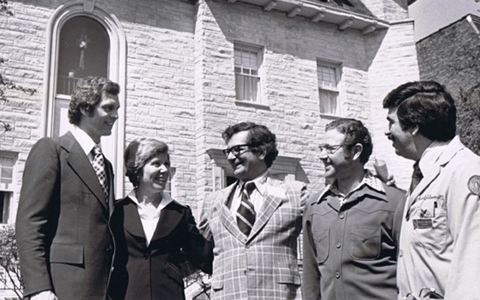
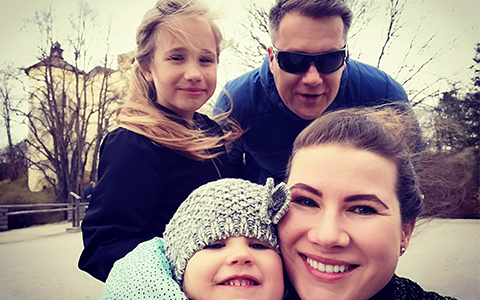
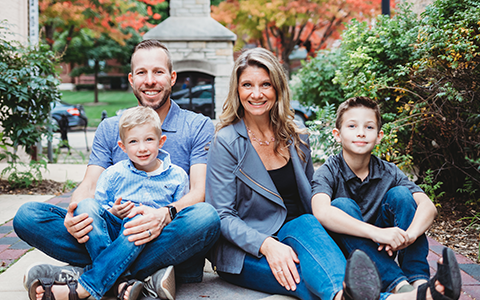

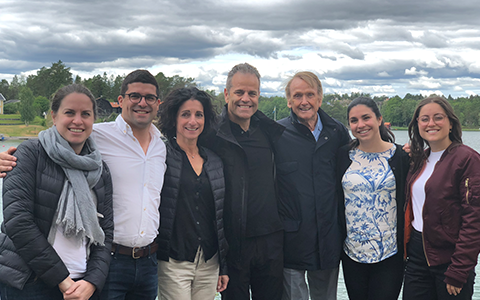

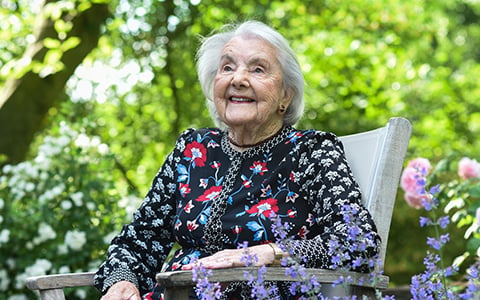
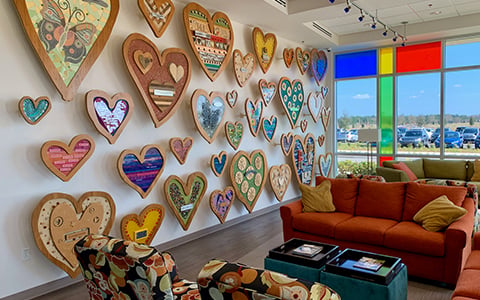
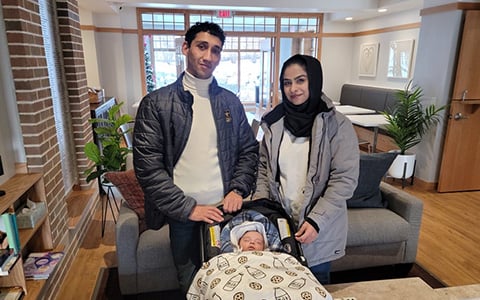

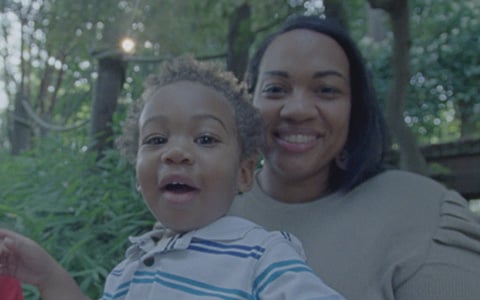


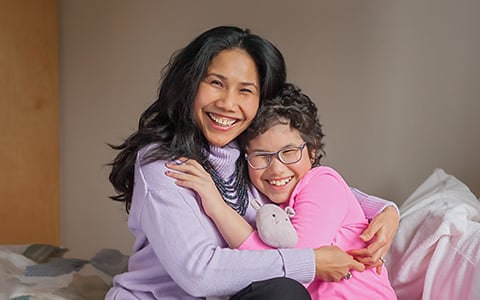

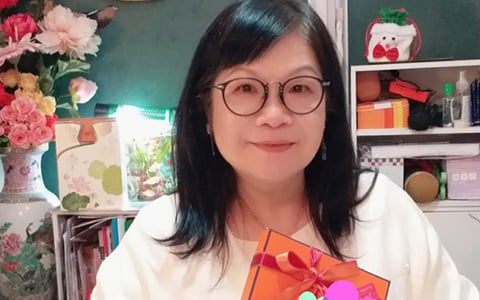

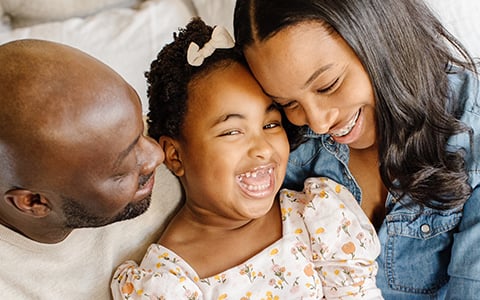
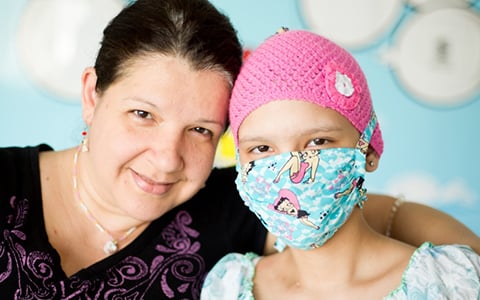





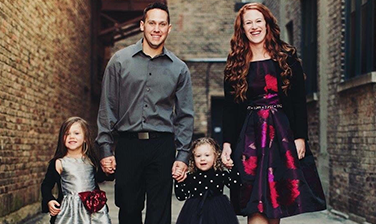
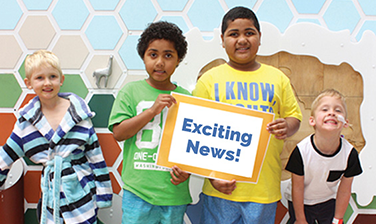
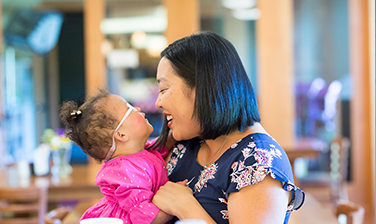
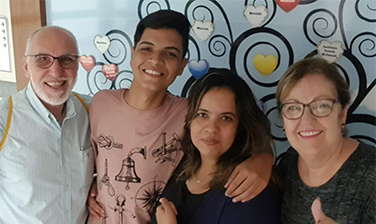

 DONATE
DONATE
